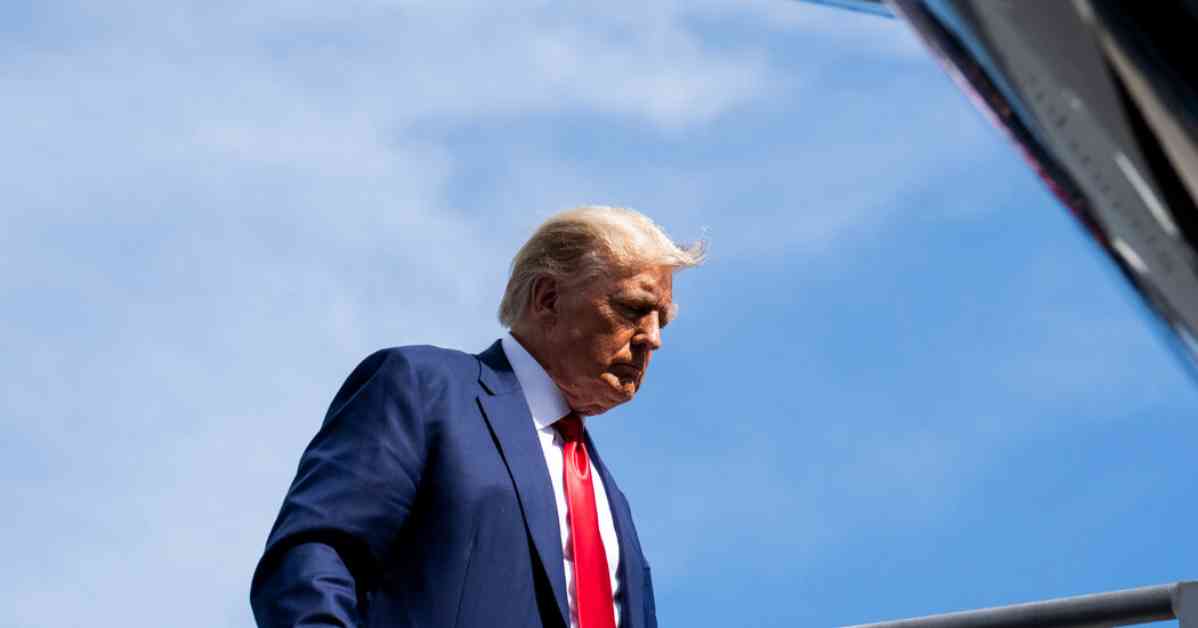Former President Donald J. Trump has recently been convicted on charges of falsifying business records related to a hush-money payment. This brings up the question of whether he can still run for president despite his felony convictions. The Constitution outlines the eligibility requirements for presidential candidates, which include being at least 35 years old, a “natural born” citizen, and having lived in the U.S. for at least 14 years. Trump meets these requirements, so technically he is still eligible to run for president.
However, the looming sentencing on his New York convictions and other pending cases raise uncertainties regarding his candidacy. While he currently faces no formal campaign restrictions and remains competitive in polls, the legal implications of his convictions could potentially impact his ability to run for president in the future. The situation is unprecedented, as no candidate with felony convictions and a real chance of winning has ever run for president before.
The outcome of Trump’s legal battles could lead the country into uncharted territory, with significant decisions potentially resting in the hands of federal judges. As of now, the Constitution and U.S. law provide clear answers to some questions but not all, leaving room for uncertainty and speculation regarding Trump’s presidential aspirations. The events unfolding around Trump’s convictions have sparked discussions and debates among legal experts, politicians, and the public about the implications of a convicted candidate running for the highest office in the nation.
In light of these developments, it is crucial to closely monitor the legal proceedings and any new information that may emerge regarding Trump’s eligibility to run for president. The situation continues to evolve, and the final outcome remains uncertain as the legal system navigates through uncharted waters with potentially far-reaching consequences for the political landscape of the United States.


















